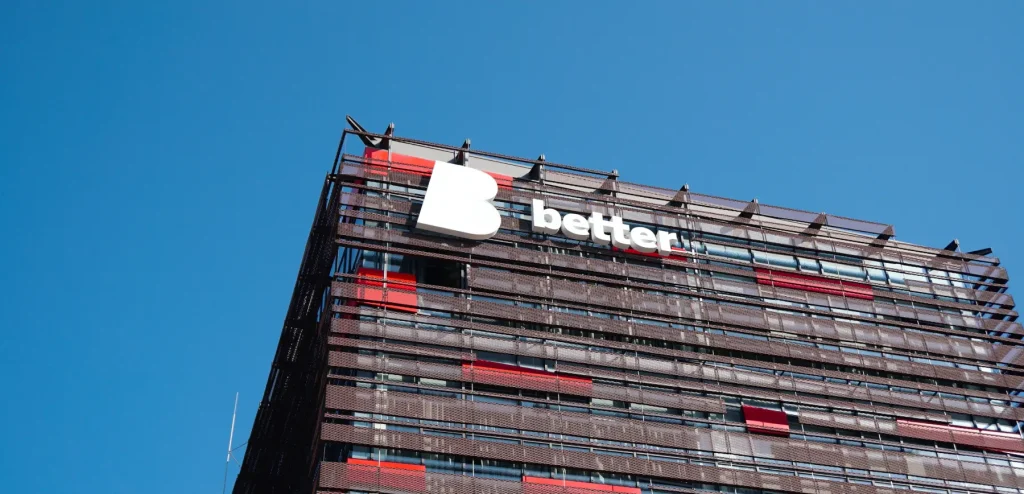Whether you’re developing a patient-facing application, an internal clinical tool, or a back-office platform, we’ll guide you through the full lifecycle of NHS PDS integration – from feasibility and access setup through to assurance, development, and go-live support.
Understanding NHS PDS
The NHS Personal Demographics Service (PDS) is the national electronic database of basic patient demographic details. It includes core identifiers such as NHS number, name, date of birth, address, registered GP, and related health information.
PDS enables consistent patient identification and is essential for linking and matching patient records across NHS systems. While primarily used in primary care, PDS integration can also support secondary care workflows with NHS approval and a valid use case.
Accessing PDS via integration improves accuracy, reduces administrative burden, and ensures healthcare professionals have the correct data at the point of care.
Our NHS PDS Integration Process
6B supports NHS PDS integration via two primary access routes: the legacy HL7 V3 API and the modern FHIR API. We help you select the most appropriate option for your product based on its function, user base, and compliance requirements.
For HL7 V3 integrations, we manage the setup of secure network access through the Health and Social Care Network (HSCN), smartcard authentication, and use of the MHS adaptor for communication with NHS Spine. We support functions including patient search, record creation, birth notifications, GP details lookup, and next-of-kin retrieval. Our developers build robust integrations that handle both synchronous and asynchronous interactions, ensuring system resilience and performance.
For FHIR API integrations, 6B helps determine the appropriate access mode – healthcare worker, patient, or application-restricted – based on your use case. We develop RESTful integrations that allow for rapid identity checks, demographic updates, and NHS number verification. Our process includes setting up sandbox testing, integration testing, and production readiness assessments.
Across both methods, we lead you through the required assurance activities. This includes authoring or reviewing the Supplier Conformance Assessment List (SCAL), ensuring compliance with governance requirements, data protection standards, and NHS integration policies.
Benefits of NHS PDS Integration
PDS integration allows healthcare organisations and digital health innovators to confidently identify patients and match them to the correct records, reducing clinical risk and administrative complexity.
Having a single, authoritative source of demographic information ensures consistency across systems, improves record-keeping, and reduces duplication. This is especially important in urgent or unscheduled care where correct identification is critical.
PDS integration also improves the patient experience – reducing delays caused by manual checks, data mismatches, or incomplete records. By validating NHS numbers and pre-populating patient fields, services become faster, safer, and more efficient.
In regulated health tech environments, aligning with NHS Spine services like PDS adds credibility, compliance, and long-term interoperability value to your solution.

Why choose 6B for NHS PDS integration?
6B has hands-on experience delivering both HL7 V3 and FHIR-based PDS integrations, including network configuration, security, and assurance support.
We guide you through the technical and governance pathways – from completing SCAL to accessing NHS Spine and testing in sandbox and live environments.
Our developers work with both primary and secondary care providers, and understand the clinical and technical use cases for PDS across multiple care settings.
We ensure your integration is secure, reliable, and designed to meet evolving NHS England standards and patient safety requirements.
6B’s modular development approach means your PDS integration can scale quickly across NHS Trusts, ICBs, or public-facing applications with minimal rework.
Selected PDS Integration Case Studies
Explore how we’ve partnered with health and care organisations to deliver PDS integration projects that solve complex challenges and drive measurable impact.
Estimate the Cost of Your NHS PDS Integration Project
Please answer a few questions to help our interoperability and integration consultants accurately assess your needs and calculate a personalised quote quicker.
Thank you for your request! 🙌 We will review your project and get back to you within 24 hours to share a ballpark estimate.
Want to speak to someone today? Call 6B on 0113 350 1290.
NHS PDS Integration FAQs
How long does it typically take to complete an NHS PDS integration project?
The timeline for NHS PDS integration depends on the complexity of your solution, the chosen API (HL7 V3 or FHIR), and the assurance process required by NHS England. On average, projects range from 8–16 weeks, including sandbox testing, SCAL approval, and live deployment.
What security measures are required for NHS PDS integration?
NHS PDS integration requires strict security compliance, including adherence to the Data Security and Protection Toolkit (DSPT), secure HSCN connectivity for HL7 V3 integrations, smartcard or NHS Identity authentication, and conformance with NHS Spine policies.
Can NHS PDS integration be used in patient-facing applications?
Yes — PDS integration can be embedded into patient-facing apps to allow NHS number verification and demographic updates. However, this requires patient-access consent and a use case approved by NHS England, often via the FHIR API route.
What’s the difference between NHS PDS integration via HL7 V3 and FHIR APIs?
HL7 V3 uses a legacy messaging standard that requires HSCN access and MHS adaptor setup, while FHIR APIs provide a modern, RESTful approach with more flexible access modes. HL7 V3 may be better suited for existing clinical systems, whereas FHIR APIs often suit new digital health platforms.
Do I need NHS approval before starting a PDS integration project?
Yes — all NHS PDS integrations require approval from NHS England. This involves submitting a Supplier Conformance Assessment List (SCAL) and demonstrating compliance with governance, security, and data protection standards before accessing live patient data.
Can PDS integration help reduce duplicate patient records?
Absolutely. PDS acts as the single source of truth for NHS numbers and demographics, meaning that integration significantly reduces the risk of duplicate or mismatched records across different NHS systems, improving data accuracy and patient safety.
How does NHS PDS integration support secondary care providers?
While originally designed for primary care, PDS integration also benefits secondary care by enabling quick patient verification during referrals, hospital admissions, and urgent care. With NHS approval, it ensures continuity of care across hospital and community services.
What ongoing maintenance is required after implementing NHS PDS integration?
Once live, NHS PDS integrations require periodic reviews to ensure compliance with evolving NHS standards, security updates, and performance monitoring. This may include revalidating SCAL, applying API updates, and reviewing access permissions.
Readiness checklist for NHS PDS API Integration
- Define your intended use case for PDS integration (e.g. identity verification, demographic updates, NHS number lookup).
- Decide whether your project requires HL7 V3 or FHIR API access and document why.
- Confirm your organisation’s lawful basis for accessing national demographic data and align with IG requirements.
- Assess your system’s ability to generate and consume PDS-compliant data structures.
- Identify expected data volumes (searches, updates, verifications) to plan system capacity.
- Nominate a clinical safety officer and prepare for DCB0129/0160 compliance.
- Prepare internal governance documents, including privacy impact assessments and data flow maps.
- Assign project and technical leads to act as primary contacts during NHS onboarding and assurance.
Speak To Our NHS Personal Demographics Service (PDS) API Integration Experts
Whether you're developing a new digital health product or extending an existing solution with NHS Personal Demographics Service (PDS) API integration, 6B brings the technical expertise, healthcare insight, and experience needed to accelerate delivery.




